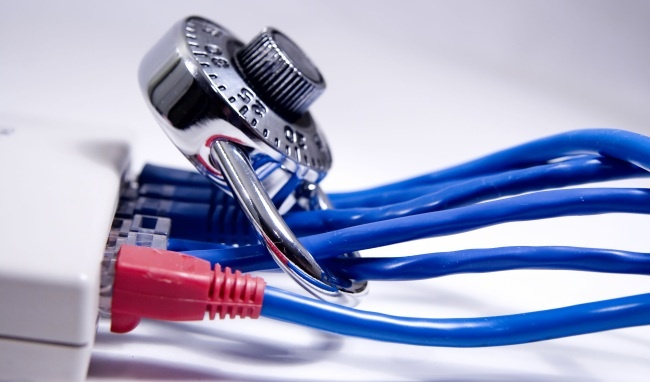“URGENT,” read the popular meme on social media on Monday, “If you’re not freaking out about Net Neutrality right now, you’re not paying attention.”
Well, we have some good news. If you can read this editorial, it means you’ve survived the first 24 hours without the regulations that the Obama-era Federal Communications Commission decided were necessary to preserve net neutrality. Your Internet provider has not yet gotten around to censoring the Internet.
CNN, absurdly reported “the end of the Internet as we know it” in a news piece after the FCC voted in December to repeal the Obama-era regulation. That headline was later changed, perhaps because someone figured out that the Internet was only going back to the way it had been pretty much right up until June 12, 2015.
Despite dire warnings, nothing much has changed. And nothing much is likely change. When it does, the changes will not cause harm to smaller content providers such as the Washington Examiner. In fact, the changes are likely to be positive, and to come in the form of greater innovation, premium service for those who want or need it, and an ordinary trajectory of steady Internet improvement for everyone else.
The life and death of net neutrality regulations are in many ways a perfect microcosm of Washington policymaking over the past decade. Congress rejected it. Executive overreach created it instead. Liberal commentary declared it indispensable and sacrosanct before it even went into effect. Big business fought tooth and nail to get it, while successfully painting the opposition to it as corporate shills.
Net neutrality is the principle that Internet service providers such as Comcast or Verizon must treat every byte of data equally, on a first-come, first-served basis. It’s generally the right model, and that’s why ISPs have almost invariably followed it without government forcing them to do so.
But the entrenchment of net neutrality in regulation is best understood as an effort to outlaw not only abuses, such as when one ISP and telephone provider blocked Vonage (an alternative to phone service) on its network, but also alternative business models that might actually serve consumers well.
Some people discuss the possibility of premium consumer service for a higher price, which is, if you think about it, just a different way of achieving what plans with higher speeds and caps do already.
But more likely, the repeal of the 2015 net neutrality regulation means that Internet providers will strike deals with the large video-streaming companies to give them dedicated fast lanes. In some ways, that’s just a different way of accomplishing what some ISPs do now with “zero rating,” as when (for example) T-Mobile lets you stream unlimited video from certain providers without counting against your monthly data.
Another, more important use of fast lanes is to provide expensive but super-reliable connections for services, the failure of which could be costly or dangerous. You can imagine how this would be useful in telemedicine, or with self-driving car fleets, power plants or other critical items in the “Internet of things” that cannot be allowed to fail. A simplistic Title II approach could have made such services a lot more complicated or even impossible to provide.
Net neutrality regulations came about through executive overreach as Obama transformed himself into a super-legislator. After Congress repeatedly rejected net neutrality, Obama’s FCC ruled that ISPs were not “information services” under federal law after all, but rather “common carrier services,” like your old phone company. This magical redefinition meant that the FCC had had the power to mandate neutrality all along. It was vintage Obama, shoddy policymaking in pursuit of technocratic regulation.
One of the oddest things about liberal policy wonks these days is how they portray themselves simultaneously as champions of a vanguard and defenders of the ancient order. Any effort to reverse changes they made just three years or even five minutes ago is portrayed as a lurch into some unprecedented, terrifying dystopia.
But this is not how the world works. The Internet worked just fine before Obama’s net neutrality regulations. It will work just fine again after they’re gone.
